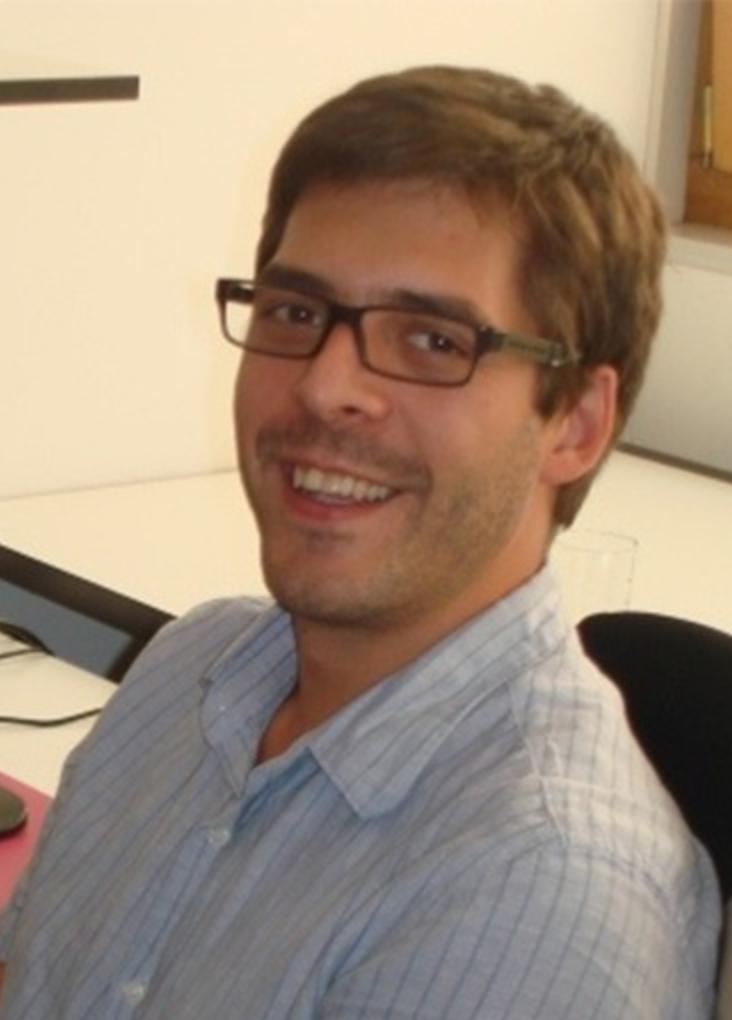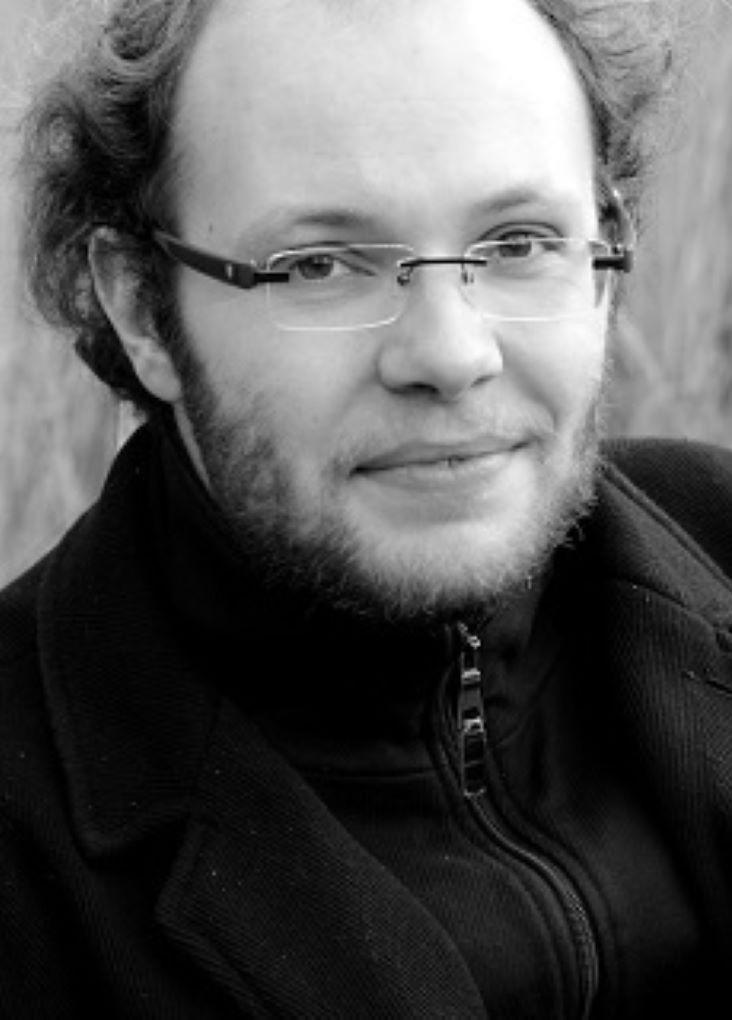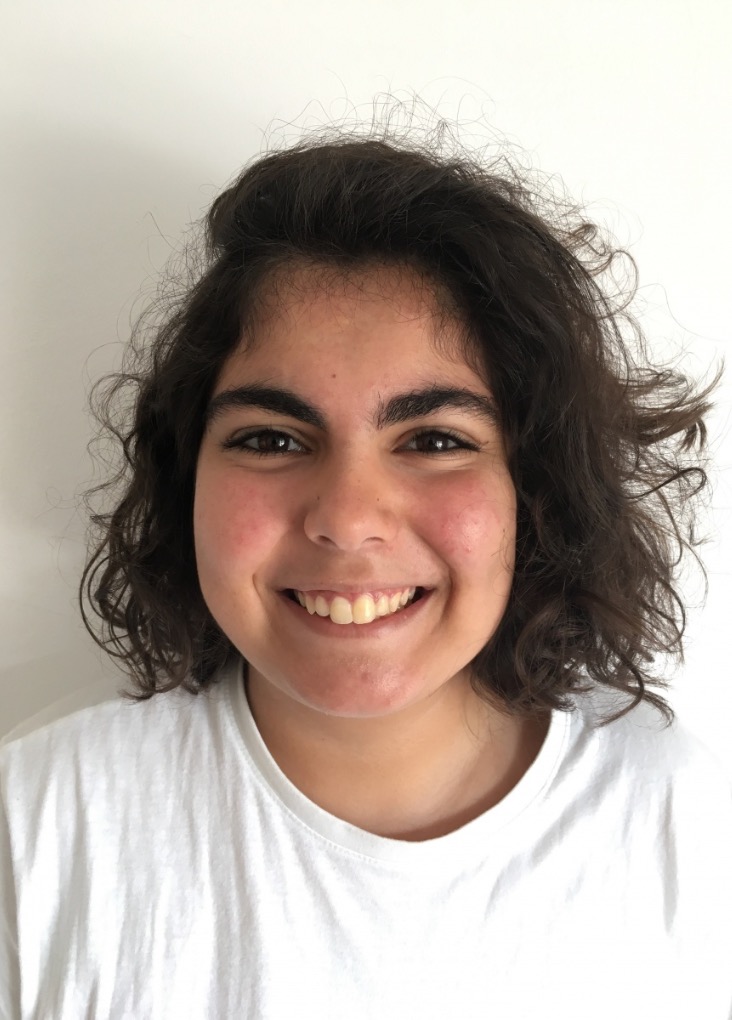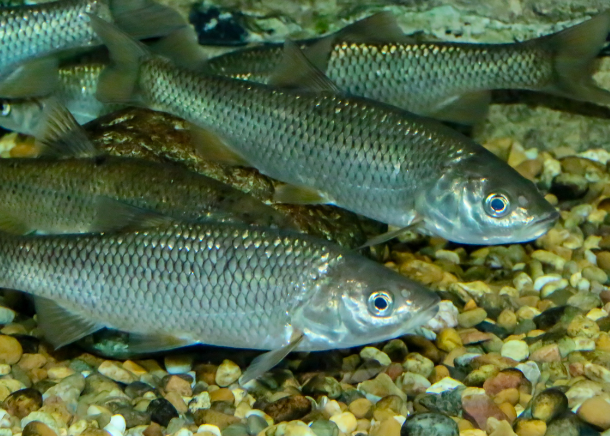Summary:
Population genomics has revolutionized our understanding of adaptation in natural populations, and its interaction with demographic history, mutation and recombination. However, the role of dominance has been overlooked. This is at odds with the likely impact of dominance in these processes, especially in species facing gene flow, as heterozygotes are constantly formed. This is in part because studying dominance requires laborious experiments, involving crosses, genotyping and phenotyping. With DOFLOW, we will contribute to change this paradigm. Building upon classical theoretical population genetics work, we hypothesize that dominance leaves specific genomic signatures on polymorphism and linkage disequilibrium patterns. Thus, our aim is two-fold: (1) contribute with novel tools to infer dominance based on population genomics data; (2) use new theory and data to understand the role of dominance in adaptation. We will use mathematical models and simulations to determine the genomic signatures of dominance of beneficial and deleterious mutations in species experiencing gene flow. Using a coalescent framework, we will develop new bioinformatic methods to infer dominance of genomic regions under selection based on polymorphism and linkage disequilibrium patterns. We posit that dominance at loci involved in local adaptation lead to asymmetric barriers to gene flow that can be detected. Then, we will apply the methods developed in DOFLOW to whole genomes from natural populations of hybridizing freshwater fish. Finally, to experimentally validate inferences, we will measure allele-specific expression (a proxy for dominance) in cell cultures derived from natural populations. By taking a novel and tight cross-talk between theory and data, DOFLOW aims to answer fundamental questions in evolutionary biology, by teasing apart the effects of gene flow, recombination, and different forms of selection, which depend on dominance.
Funding Institution:
Fundação para a Ciência e a Tecnologia (FCT)





